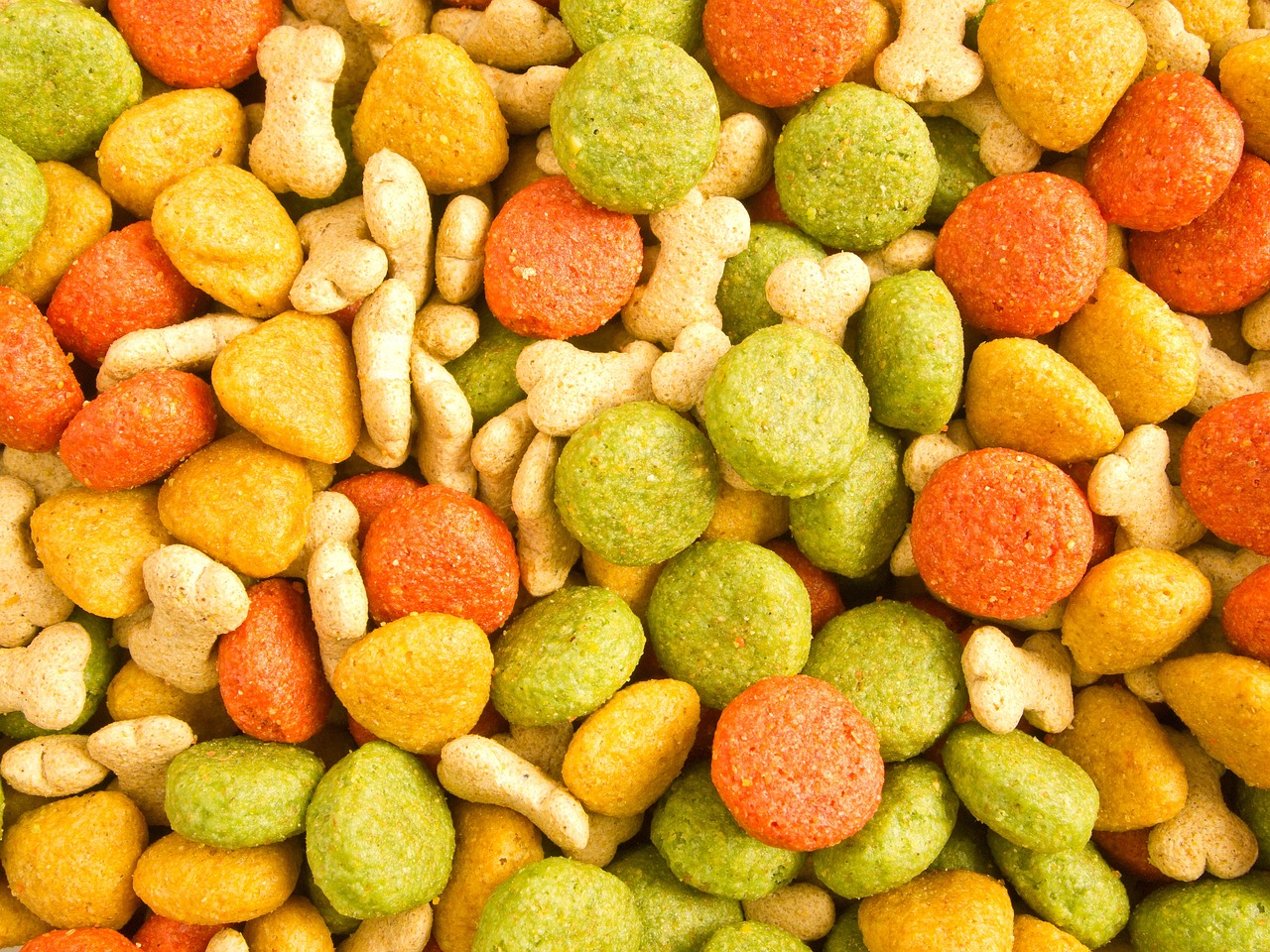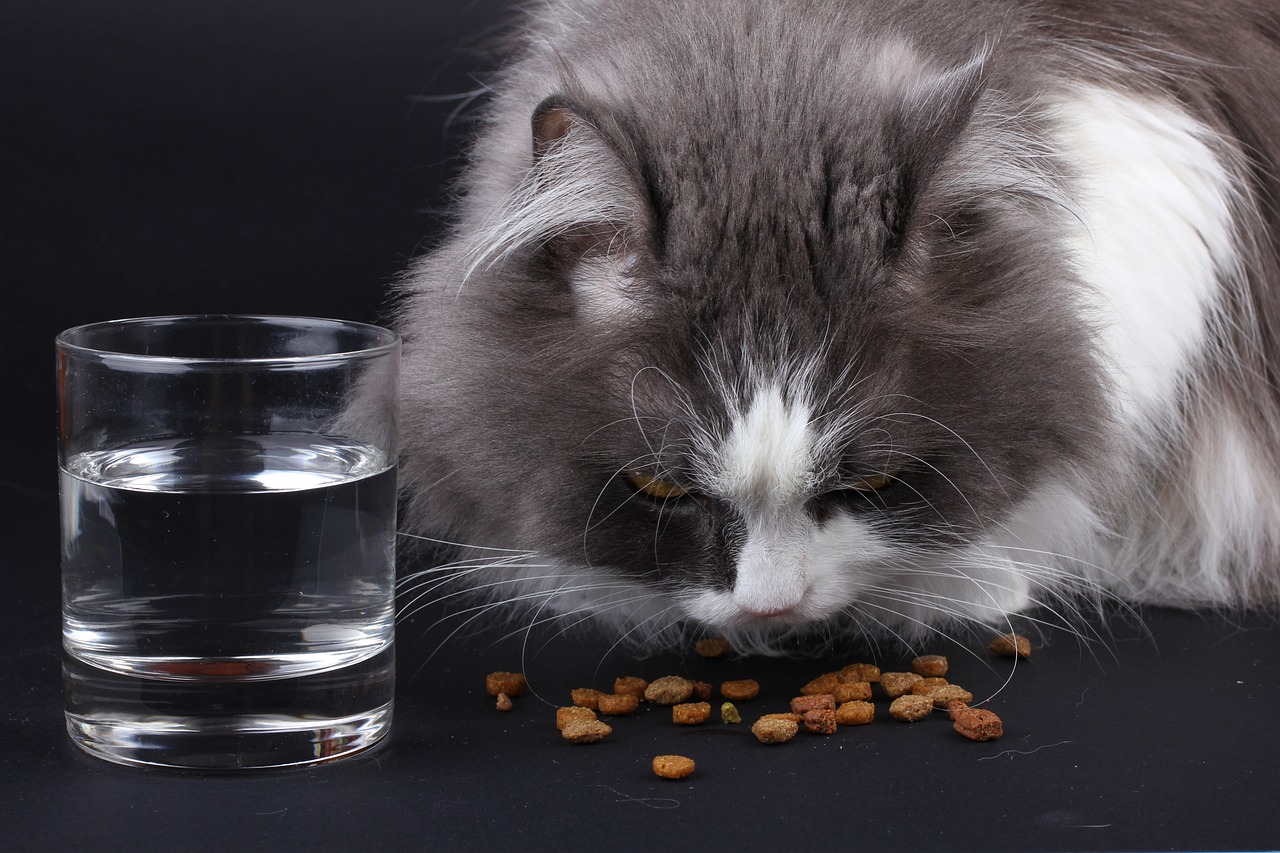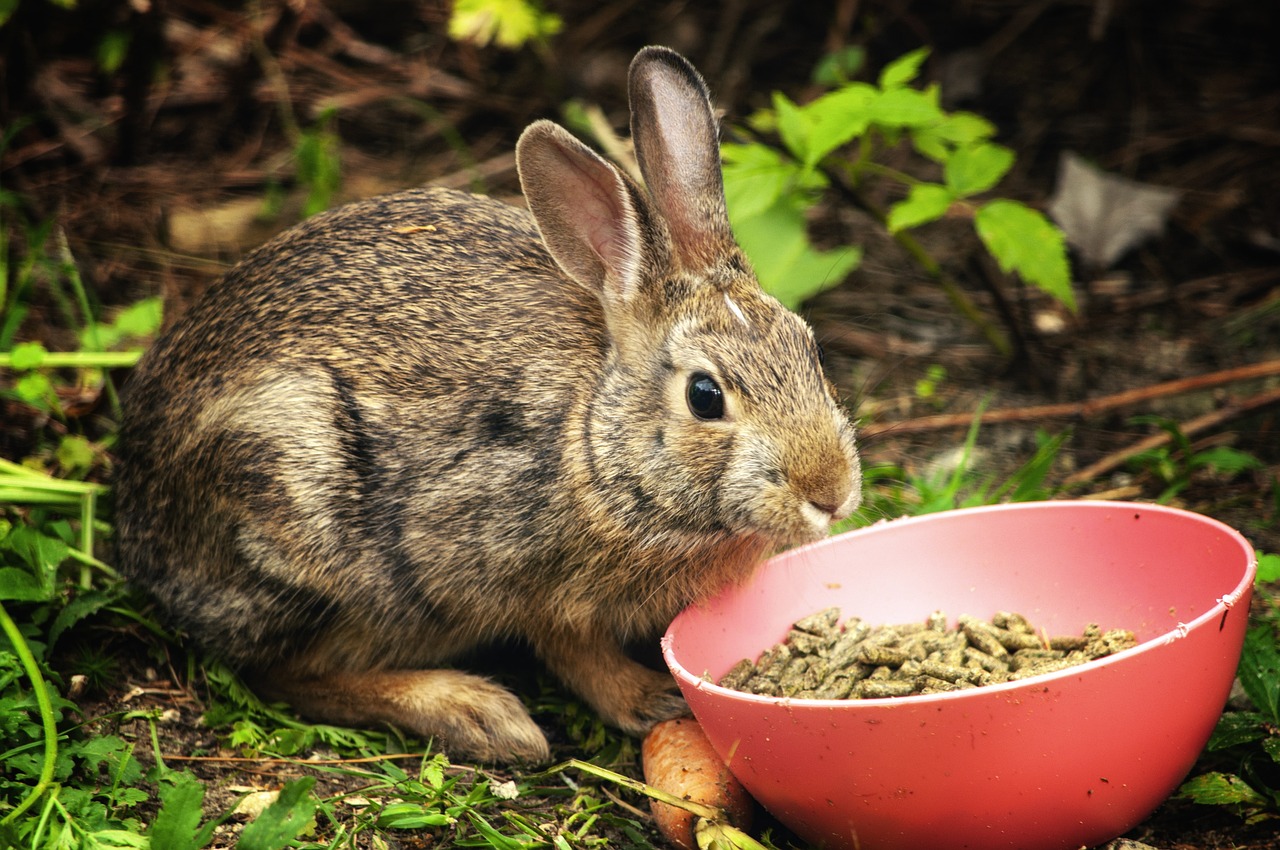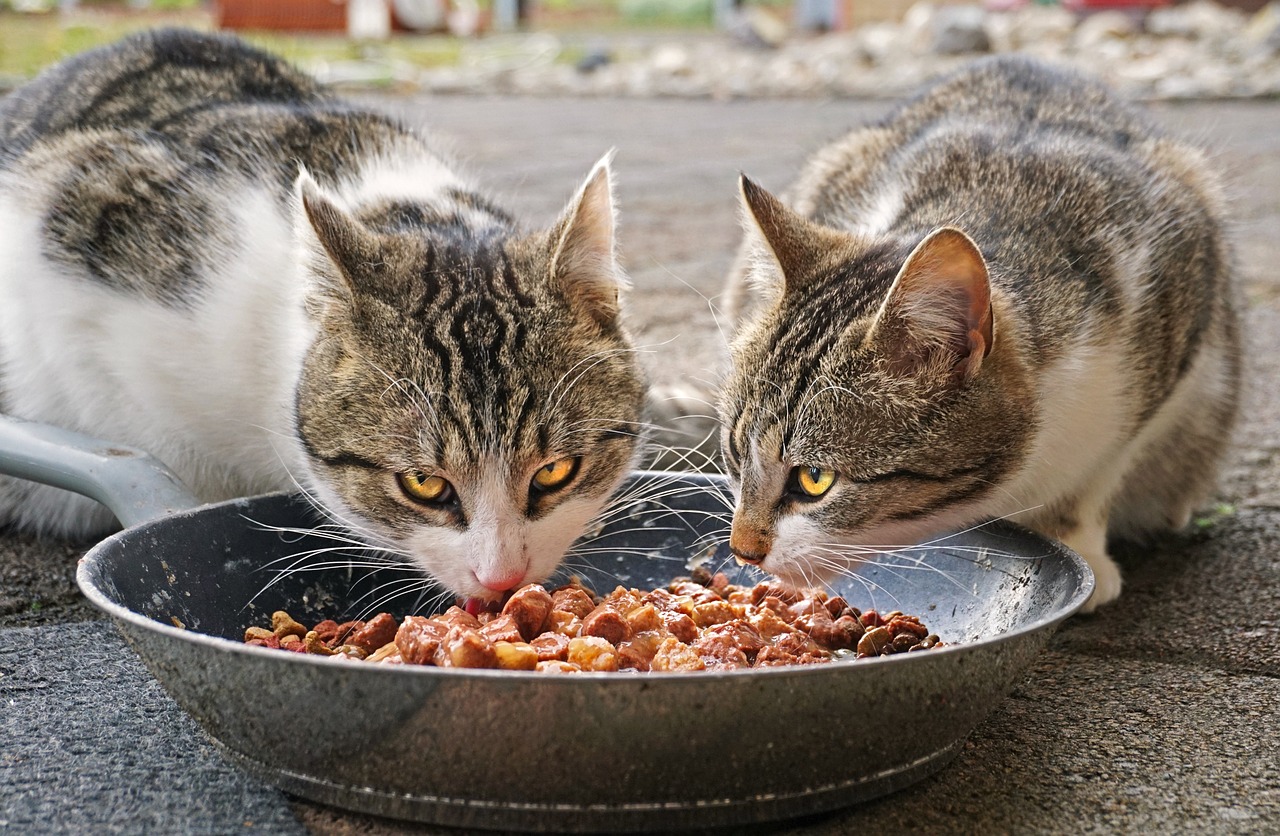Introduction
Pet nutrition is a topic of paramount importance for every pet owner. As our furry companions rely on us for their dietary needs, it’s crucial to understand the science behind pet nutrition and make informed choices. In this article, we will delve into the intricacies of pet nutrition, from the basic building blocks to special dietary considerations, and uncover the key elements that contribute to your pet’s overall well-being.
Understanding the Basics
When it comes to pet nutrition, the building blocks of a healthy diet are macronutrients, and they include proteins, carbohydrates, and fats. These are the essential components that provide energy and maintain your pet’s overall health.
- Proteins: Proteins are the foundation of your pet’s diet. They are crucial for muscle development, immune system support, and overall vitality. High-quality animal-based proteins are a key ingredient in most pet foods.
- Carbohydrates: Carbohydrates serve as an energy source for your pet. While dogs are omnivores and can digest a variety of carbohydrates, cats are obligate carnivores and require fewer carbohydrates in their diet.
- Fats: Fats provide concentrated energy and are essential for the absorption of fat-soluble vitamins. They also play a role in maintaining healthy skin and coat.
Micronutrients: The Hidden Heroes
In addition to macronutrients, micronutrients in the form of vitamins and minerals are equally important.
- Vitamins: These organic compounds play various vital roles in your pet’s health, from maintaining strong bones to supporting vision and a healthy coat. Different vitamins serve different functions, and they must be present in the right proportions in your pet’s diet.
- Minerals: Minerals like calcium, phosphorus, and potassium are essential for proper growth and development. They contribute to strong bones, nerve function, and fluid balance in your pet’s body.
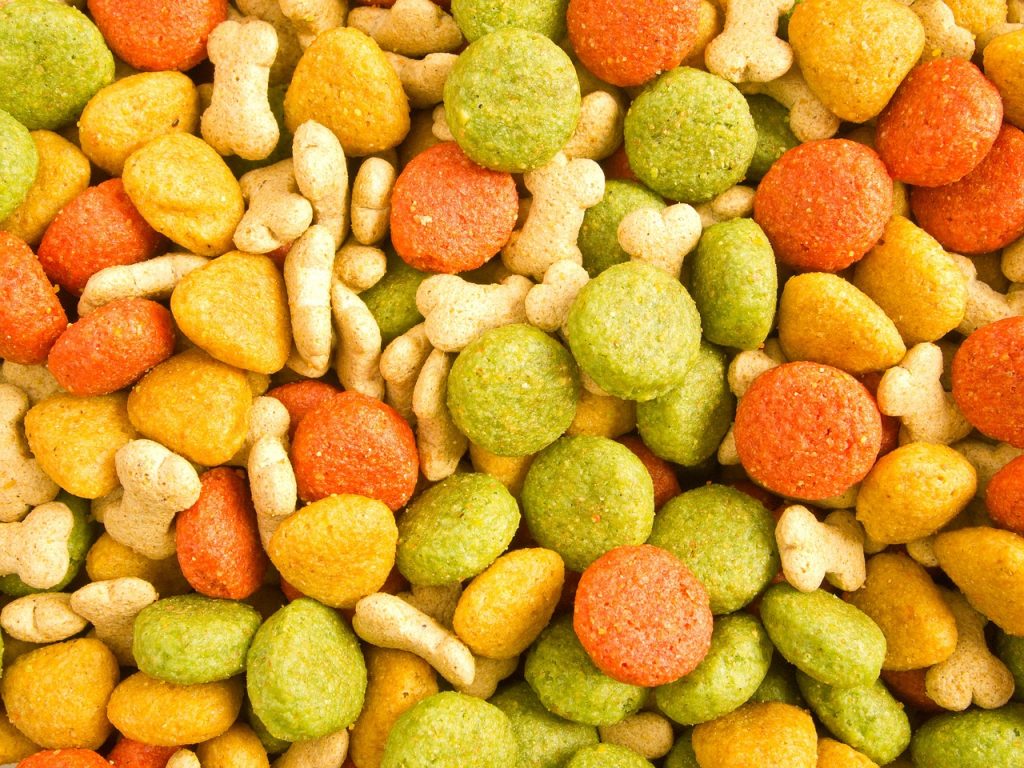
Pet Food Labels: Decoding the Information
Deciphering pet food labels can be a daunting task. The key components of these labels include:
- Ingredient List: Ingredients are listed in descending order of weight. Look for high-quality sources of protein and whole grains, and be cautious of artificial additives and preservatives.
- Guaranteed Analysis: This section provides information on the minimum and maximum percentages of protein, fat, fiber, and moisture in the food. It’s a crucial aspect when selecting the right pet food.
- Feeding Guidelines: These guidelines give you a rough idea of the portion sizes based on your pet’s weight and age. Always consult with your veterinarian for personalized recommendations.
The Role of Breed and Age
Pet nutrition requirements can vary depending on the breed and age of your furry friend. Understanding these variations is essential for their well-being.
- Puppies and Kittens: Young pets require a diet rich in protein and essential nutrients to support growth and development.
- Adult Pets: Adult pets need a balanced diet that maintains their overall health and provides energy for their daily activities.
- Senior Pets: Senior pets may have different dietary needs due to aging, and their food should address these specific requirements.
Common Myths and Misconceptions
There are several myths and misconceptions surrounding pet nutrition, and it’s crucial to separate fact from fiction.
- Grain-Free Diets: The debate over grain-free diets has been a hot topic. While some pets may benefit from grain-free options, it’s not suitable for all.
- Raw Diets: Raw food diets are a trend, but they come with potential health risks. Consult your veterinarian before making this dietary choice.
- Homemade Pet Food: While homemade pet food can be nutritious, it’s easy to make mistakes in balancing the diet. Seek guidance from a professional if considering this option.
Special Diets and Medical Conditions
Some pets have specific dietary requirements due to allergies, weight management issues, or joint health concerns.
- Allergies: Identifying and avoiding allergens in your pet’s diet is crucial for their comfort and well-being.
- Weight Management: Maintaining a healthy weight is essential to prevent obesity-related health issues. Special diets are available to support weight management.
- Joint Health: Pets with joint issues may benefit from food containing glucosamine and chondroitin, which support joint health.
Quality vs. Quantity
The quality of pet food is more important than the quantity. Choosing a reputable pet food brand that meets your pet’s specific needs is vital.
- Choosing the Right Pet Food: Opt for brands with a history of high-quality ingredients, rigorous testing, and proven results.
- Portion Control: Overfeeding can lead to obesity, while underfeeding can result in malnutrition. Following feeding guidelines is crucial for your pet’s health.

The Impact of Water
Hydration is often overlooked but plays a significant role in your pet’s health. Ensure that your pet has access to clean and fresh water at all times.
Pet Food Industry Regulations
The FDA and AAFCO set standards for the pet food industry, ensuring safety and quality. Familiarize yourself with these regulations to make informed choices.
Trends in Pet Nutrition
As pet nutrition advances, there are emerging trends to consider.
- Sustainable Pet Food: Eco-friendly pet food options are becoming more popular, aligning with the growing concern for the environment.
- Personalized Nutrition: Some companies now offer personalized pet nutrition plans, tailoring diets to your pet’s specific needs.
What Does Research Say?
Scientific studies are continually conducted to understand pet nutrition better. Stay informed about the latest findings to make educated choices for your pet.
The Pet Owner’s Role
As a pet owner, you play a crucial role in ensuring your pet’s health and well-being.
- Observation and Adaptation: Pay attention to your pet’s behavior, energy levels, and overall health. Be ready to adapt their diet as needed.
Choosing the Right Pet Food Brand
Selecting the right pet food brand can be a daunting task. Consider these tips:
- Reputable Manufacturers: Look for companies with a strong reputation for quality and safety.
- Consultation with Veterinarians: Your veterinarian is your best resource for understanding your pet’s specific dietary needs.
Conclusion
In conclusion, pet nutrition is a science that demands careful consideration. Providing your pet with a balanced diet that meets their specific needs is crucial for their health and well-being. By understanding the basics of pet nutrition, decoding food labels, and staying informed about the latest research, you can ensure your pet leads a long, happy, and healthy life.
Frequently Asked Questions (FAQs)
- What are the primary macronutrients in pet nutrition?
- Pet nutrition focuses on three primary macronutrients: proteins, carbohydrates, and fats.
- Are grain-free diets suitable for all pets?
- Grain-free diets are not suitable for all pets. It’s essential to consult with a veterinarian to determine your pet’s specific dietary needs.
- How can I identify allergies in my pet’s diet?
- Allergies can manifest as skin issues, digestive problems, or behavioral changes. Consult with your veterinarian for allergy testing and guidance.
- What’s the role of water in pet nutrition?
- Adequate hydration is essential for your pet’s overall health and supports various bodily functions.
- Why is it important to consult with a veterinarian for pet nutrition advice?
- Veterinarians can provide personalized recommendations based on your pet’s age, breed, and health conditions, ensuring they receive the best nutrition possible.
